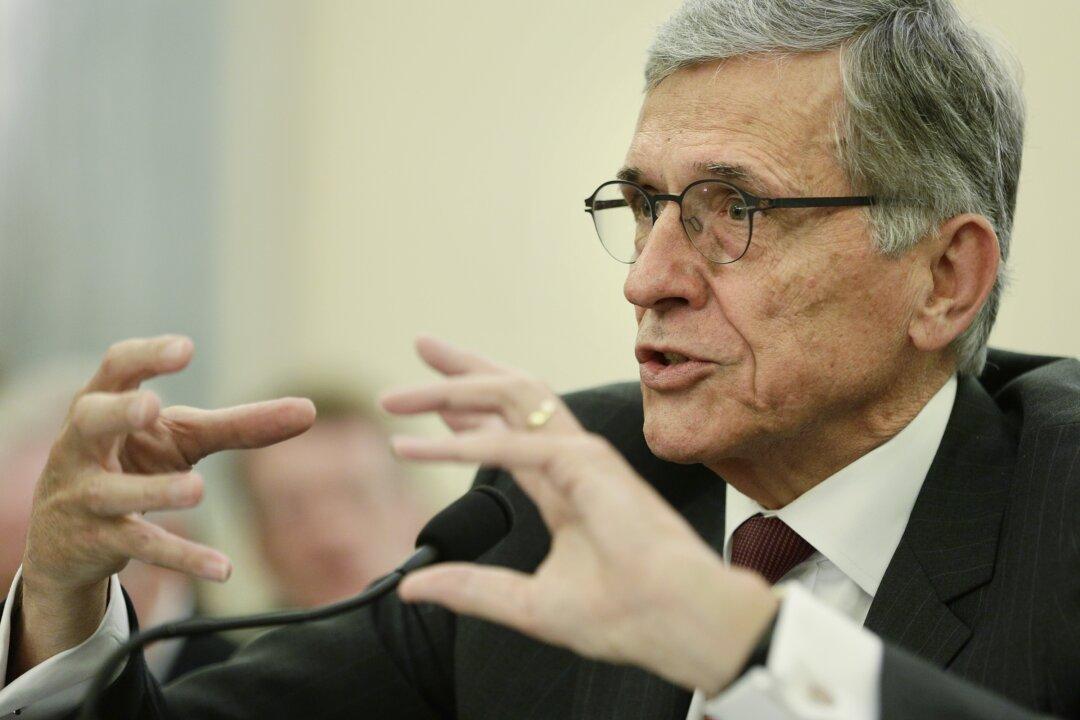In January, a federal appeals court struck down a ruling that protected Internet neutrality, which is a standard for network traffic that treats all content equally. On Feb. 10, Federal Communication Commission (FCC) Chairman Tom Wheeler said the goal of restoring neutrality was within reach.
“The FCC has the authority it needs to provide what the public needs—open, competitive, safe and accessible broadband networks,” Wheeler said in a speech at the University of Colorado Law School. “Indeed, that we have authority is well settled. What remains open is not jurisdiction, but rather the best path to securing the public interest.”
In 2010, the FCC drafted the Open Internet Order, with rules designed to ward off previous objections to network neutrality. Internet Service Provider (ISP) Verizon challenged key segments of the order, and Judge David Tatel found that the law as written did not grant the FCC authority to impose broadband requirements.
However, Tatel did encourage the FCC to meet its open Internet goal with a new strategy. On Monday, Wheeler promised he would soon deliver an outline for a proposal.
Content and Competition
According to a statement from Verizon, the court’s “decision will allow more room for innovation, and consumers will have more choices to determine for themselves how they access and experience the Internet.” Critics said the ruling threatens fair competition, granting networks the option to discriminate against content providers, and charge fees to access any websites outside the priority of corporate content.
A Feb. 10 letter to Wheeler, signed by a group of senators—Al Franken (D-Minn), Ron Wyden (D-Ore.), Jeff Merkley (D-Ore.), Ed Markey (D-Mass.), and Richard Blumenthal (D-Conn.)—urged the FCC chairman to quickly “adopt enforceable rules to prevent the blocking and discrimination of Internet traffic.”
“Consumers, entrepreneurs and innovators deserve to know their right to view or use the content and services of their choice online will be protected,” states the letter.
To address issues raised in court, Wheeler is expected to reclassify ISPs as common carriers under the Telecommunications Act of 1996. The trick is writing an enduring rule. According to Wheeler, given the pace of technology “even a new Telecommunications Act will be out of date the moment it is signed.”
Wheeler called for a regulatory agency as nimble as the changing technology.
“Any new act must preserve that nimbleness going forward,” he said.





